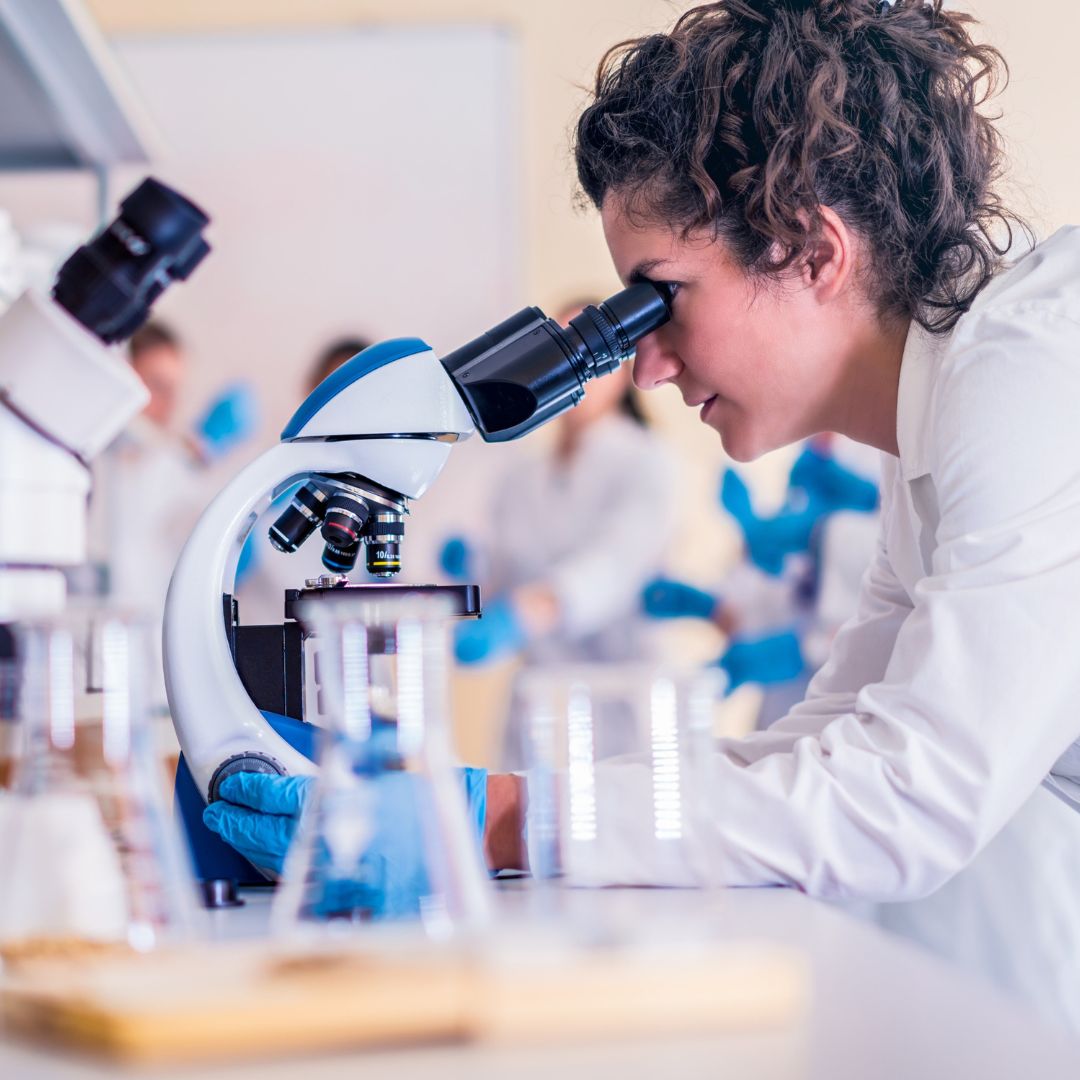 Part of the robust ongoing research program by MemorialCare physicians is focused on a wide range of heart and vascular diseases.
Part of the robust ongoing research program by MemorialCare physicians is focused on a wide range of heart and vascular diseases.
“It is important to do research to help improve outcomes for our patients,” says David Shavelle, M.D., medical director of the Adult Cardiology and Interventional Lab, MemorialCare Heart & Vascular Institute, Long Beach Medical Center.
“We’re able to give patients access to new techniques and treatments—and save lives.”
Among the most recent studies is one that is collecting information about survival rates of those who suffer cardiac arrest outside of a hospital setting: at home, at the market, at a sporting event, and so on.
“The heart stops, and there could be various reasons,” says Dr. Shavelle. “A heart attack, a blood clot, a blockage, or a misfiring of the heart’s electrical system, are among possible causes.”
The immediate treatment is that someone performs cardiopulmonary resuscitation (CPR), an emergency procedure of chest compressions, which helps direct blood to the brain, while someone else calls 911.
Paramedics continue CPR and add artificial ventilation on the way to a hospital for evaluation. Tragically, many of these patients are declared dead, before or upon arrival.
“These patients tend to have no history of heart disease and are typically in their 40s and 50s, which is considered to be very young,” says Dr. Shavelle.
MemorialCare Heart & Vascular Institute physicians are collecting information from patients who undergo a life-prolonging procedure for those who survive the journey to the hospital but remain in cardiac arrest. MemorialCare is one of a few in the region using the extracorporeal membrane oxygenation (ECMO) device that pumps and supports the patient’s blood and oxygen levels outside the body to give physicians time to find the cause and then treat it.
“The ECMO is a machine similar to the heart-lung machine used in open heart surgery,” says Dr. Shavelle. “It gives the heart and lungs a rest and chance to heal.”
Another research project that targets those who experience cardiac arrests while in the hospital is called the ARISE-study.
“People think if you have cardiac arrest in the hospital, you would do well,” says Dr. Shavelle. “But that is not true. People are in the hospital for a reason and tend to be sick, so their outcome is poor."
It could also be referred to as “Super CPR.” The most effective manual CPR displaces the blood from the chest to the brain to avoid neurological damage. In the ARISE-study, interventional cardiologists send a balloon in a catheter through a large vein in the leg to just below the heart. The balloon inflates, improving the profusion of blood through the heart and the brain, restarting a normal flow.
The RESTORE-1 study is another novel research project that is testing the use of inhaled medication for people with atrial fibrillation, and whether it is faster in resolving rhythm disruptions than oral or IV medicine delivery.
“MemorialCare physician Dr. Mark Lee enrolled the first patient in the United States for this study,” says Dr. Shavelle.
In other important research, cholesterol blockage and plaque removal was the target for the AEGIS-study. It is a new medication through IV infusion to remove cholesterol plaques, thereby reducing the risk of a heart attack. We are looking forward to sharing these results once they’ve come in.
Key research efforts such as these have established MemorialCare Heart & Vascular Institute as a leader in heart and vascular care. “We are always looking forward,” says Dr. Shavelle. “in our efforts to save lives.”
Learn more about heart & vascular health.